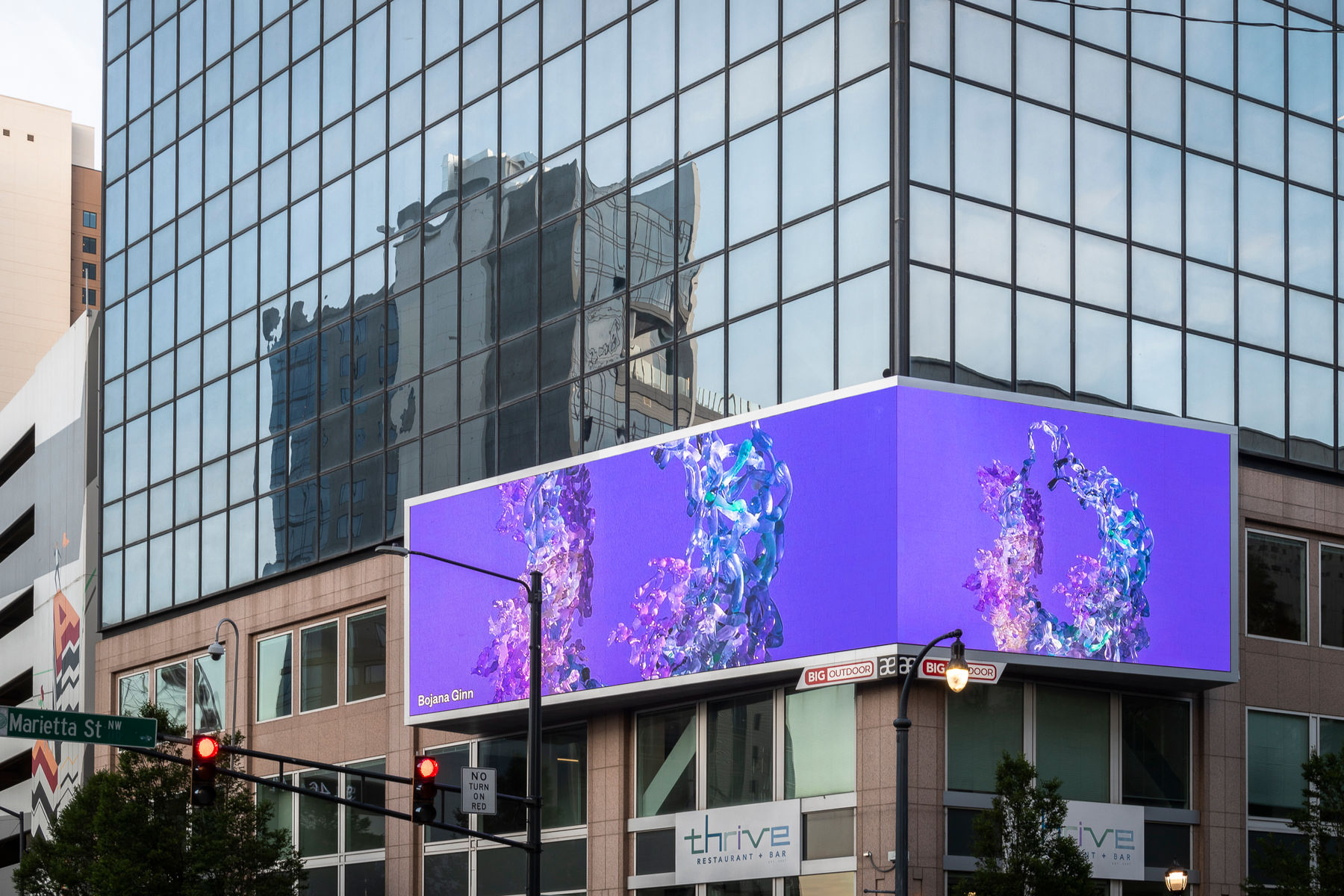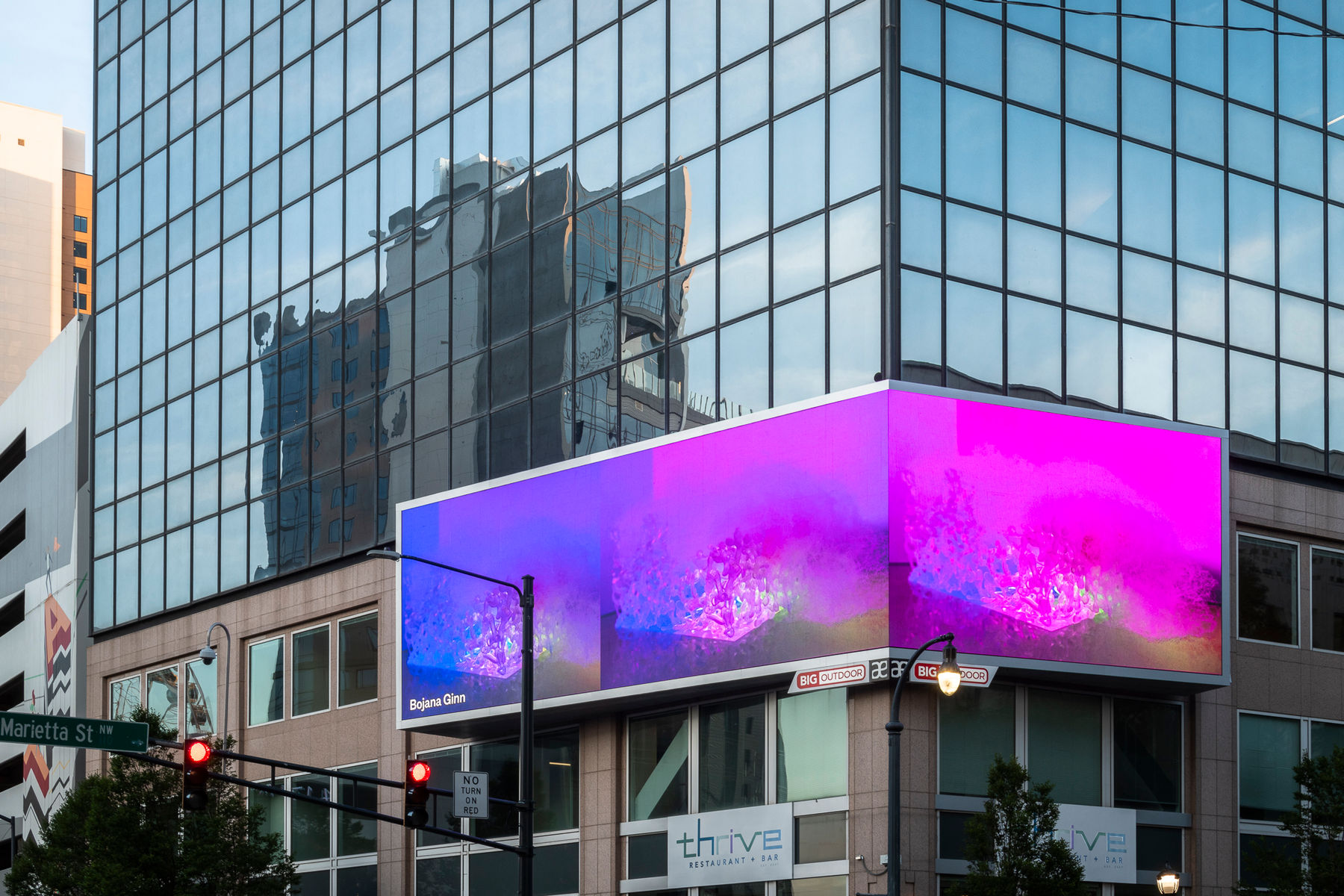Artwork



Organic and Synthetic Polymers and Light
PLASTIC GENE is a body of work exploring a paradox of human un-natural nature. Why do we keep creating materials and technologies that at the same time bring us progress and jeopardize our own existence? Abstract sculptures are inspired by organic forms find in microcosmos of our bodies like chromosomes, molecules, or neural fibers. Shaped in three dimensional clusters with the use of organic and synthetic polymers, PLASTIC GENE sculptures are stubbornly optimistic, insisting on beauty. They pay a homage to the inventiveness of life, which will continue, with or without us.
Plastic Gene is a sculptural body of work exploring the controversial nature of human production in relation to natural systems. The work explores the paradox of our un-natural nature; the fact that genius of human inventiveness, creativity, and production, has steadily and significantly deteriorated natural ecosystems. The same ecosystems that are crucial for our own survival. Built with synthetic and organic polymers, abstract forms are suggestive of biological systems like clusters of genes or neural networks. Stubbornly optimistic, insisting on beauty, these small sculptures are homage to the inventiveness of life, which will continue, with or without us.

Dr. Bojana Ginn is an award-winning interdisciplinary artist, former Medical Doctor and scientist, SciArt curator, writer, and public speaker. Merging art, science, and technology, she creates multimedia installations, sculptures, and photography. Her abstract art deals with body and landscape in the time of unprecedented proliferation of digital and biotechnologies, and climate change. Recipient of the prestigious national Ellsworth Kelly Award, granted by the Foundation for Contemporary Art in New York, Ginn exhibits in Atlanta, nationally, and internationally. Most notably her work was shown at Venice Architectural Biennale, Museum of Art and Design in New York, IMMENSIVA Art and Technology center in Barcelona, Museum of Contemporary Art of Georgia, David J. Sencer CDC Museum in Atlanta, Cyber Center in Augusta, GA, and many others.